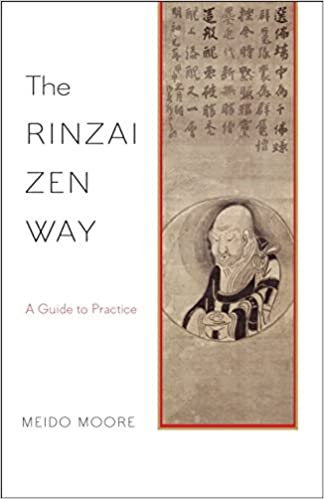Is your life a giant bag of screwups, fuckups, near misses, unrealized dreams, cancelled holidays, unexpected diagnoses, strained relationships, complete misunderstandings and crazy accidents?
Terrific!
Good friends die, enemies prosper, children grow up and blame you for their misfortune?
Marvelous!
Your marriage is dull and/or the single life is wanting, the cocktail parties are full of idiots, that lottery ticket is never the big winner, the thousand dollar mattress promising you restful sleep didn’t deliver, and your self-discipline vanishes every time you see a doughnut wearing a chocolate glaze?
Wonderful!
ChatGPT4 and the rest of the AI bandwagon is coming for your job, your paycheck, your identity and your dignity?
Superb!
Why is all this aggravation such stupendous news? Because you have arrived at the place of understanding that life is simply absurd. And you’re trapped like a rat in it. Unless, of course, you decide to take the next exit to nonexistence, which is always an option.
But if you decide to hang around, you’re now presented with what a beard-stroking psychologist would call “an opportunity for growth.”
To that end, we are not only pleased to point you towards the Class 2 philosophy known as SuperOptimism, we also want to credit our friend Albert Camus with penning the definitive treatise on such unpleasantness.
According to Al, you have three choices:
- Believe in God and spend your time praying to be let into the gates of heaven.
- Commit suicide.
- Embrace the absurdity of existence and enjoy rolling your rock up the hill.
Camus encourages us to choose Door #3, and find happiness in our struggle by acknowledging its futility and thereby defying the gods. So why not join Albert in smiling at the ridiculousness of it all?*
* Especially if you wish you were a world-renowned poet but instead spend most of your time writing promotional copy for a chain of fast-casual restaurants.






